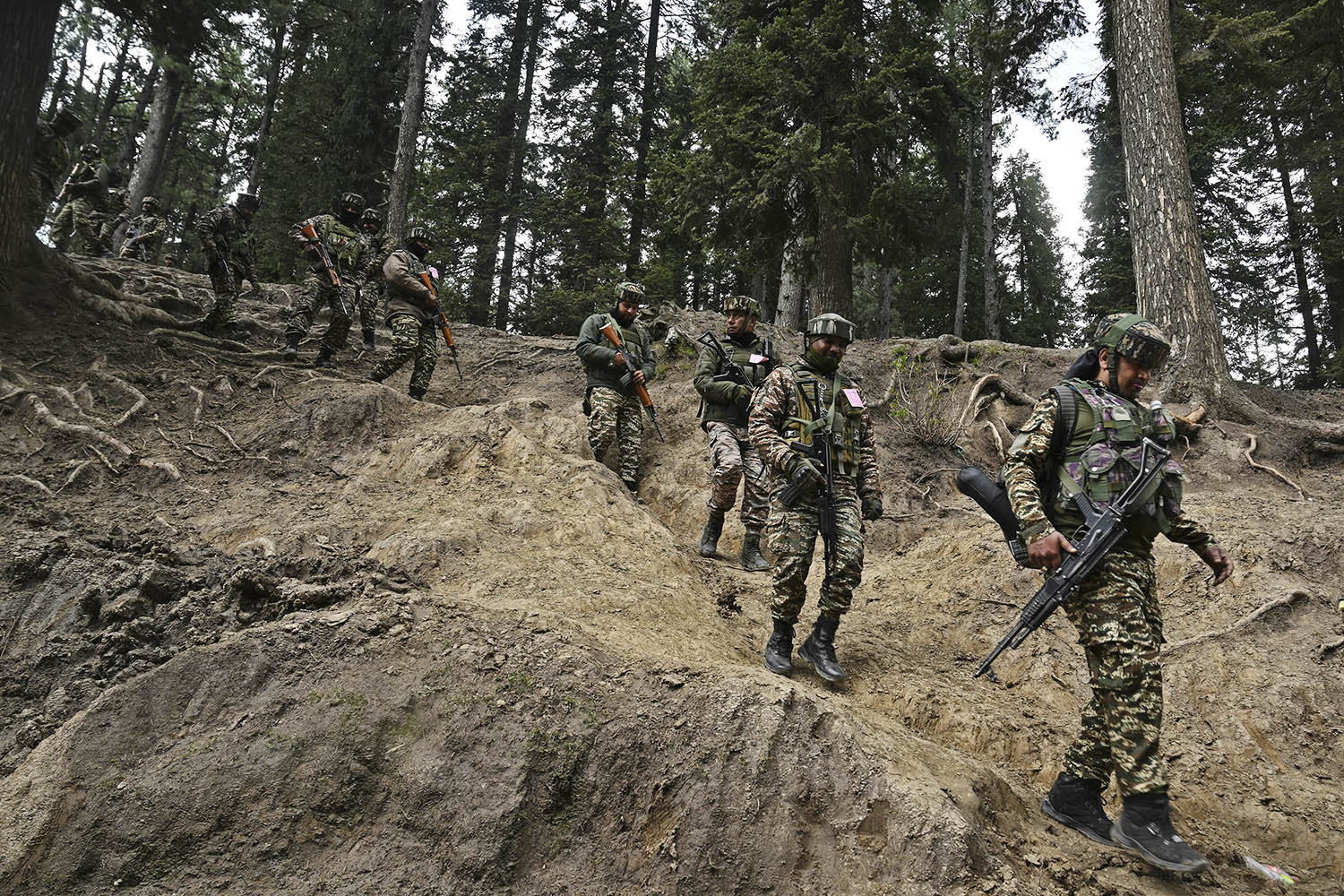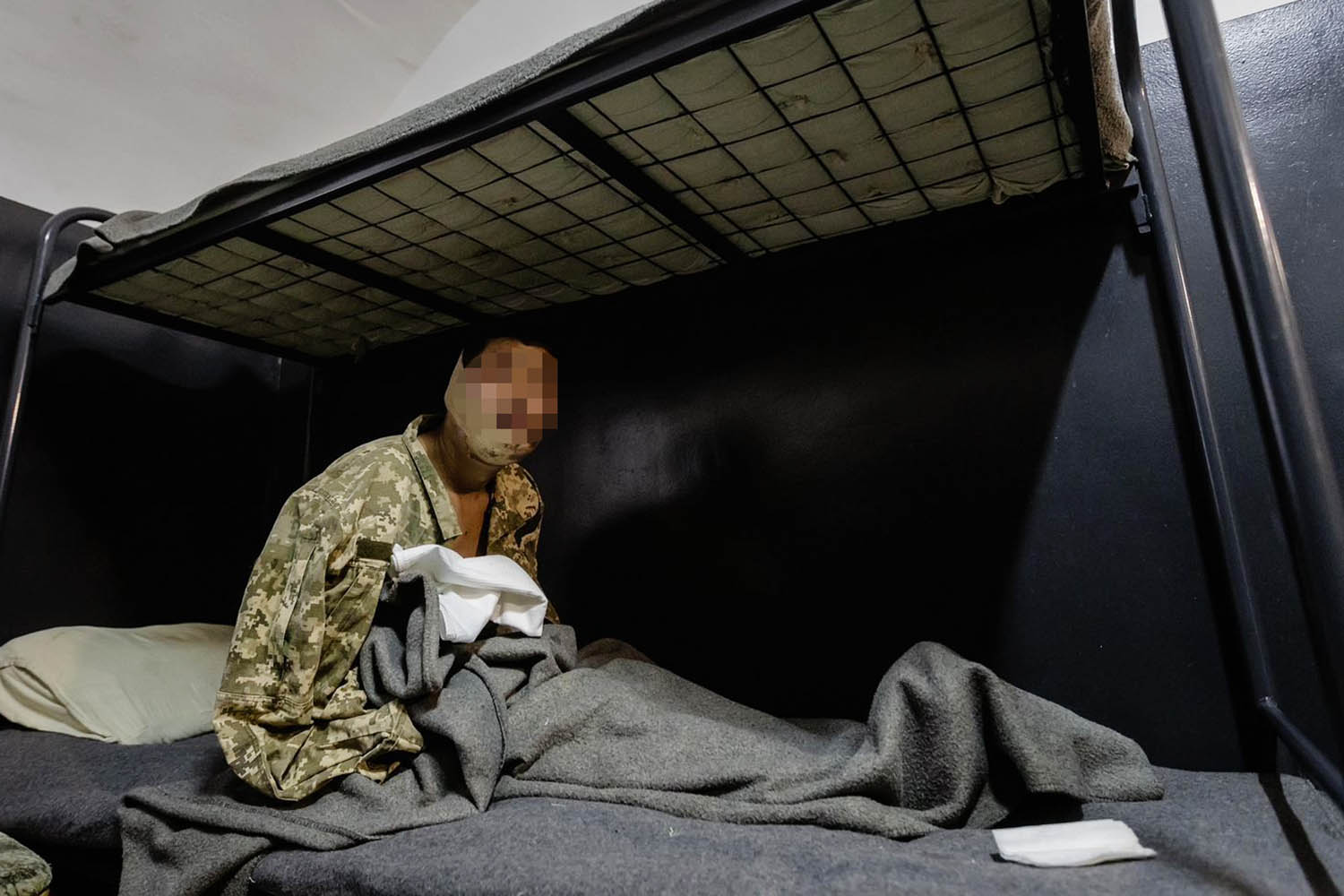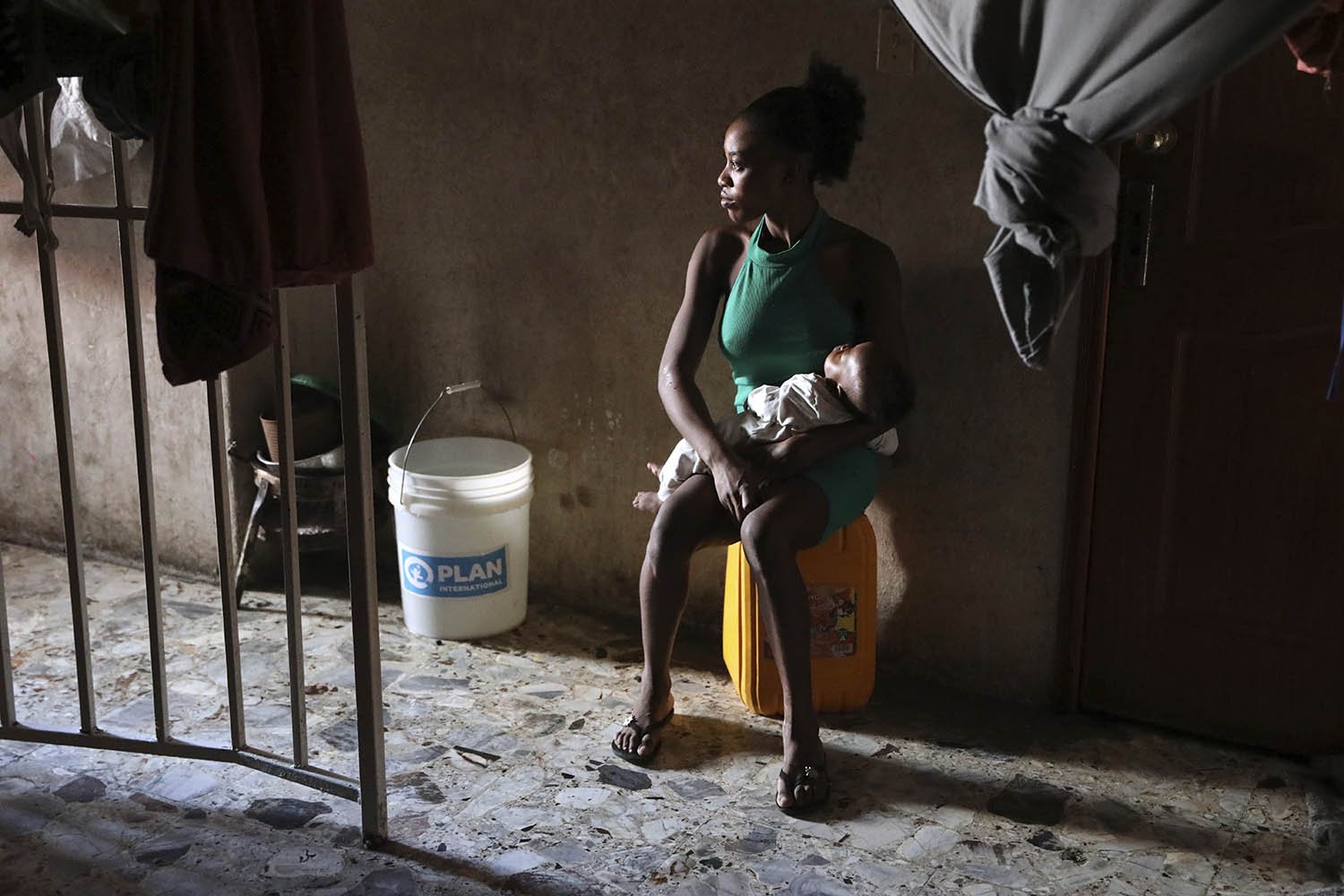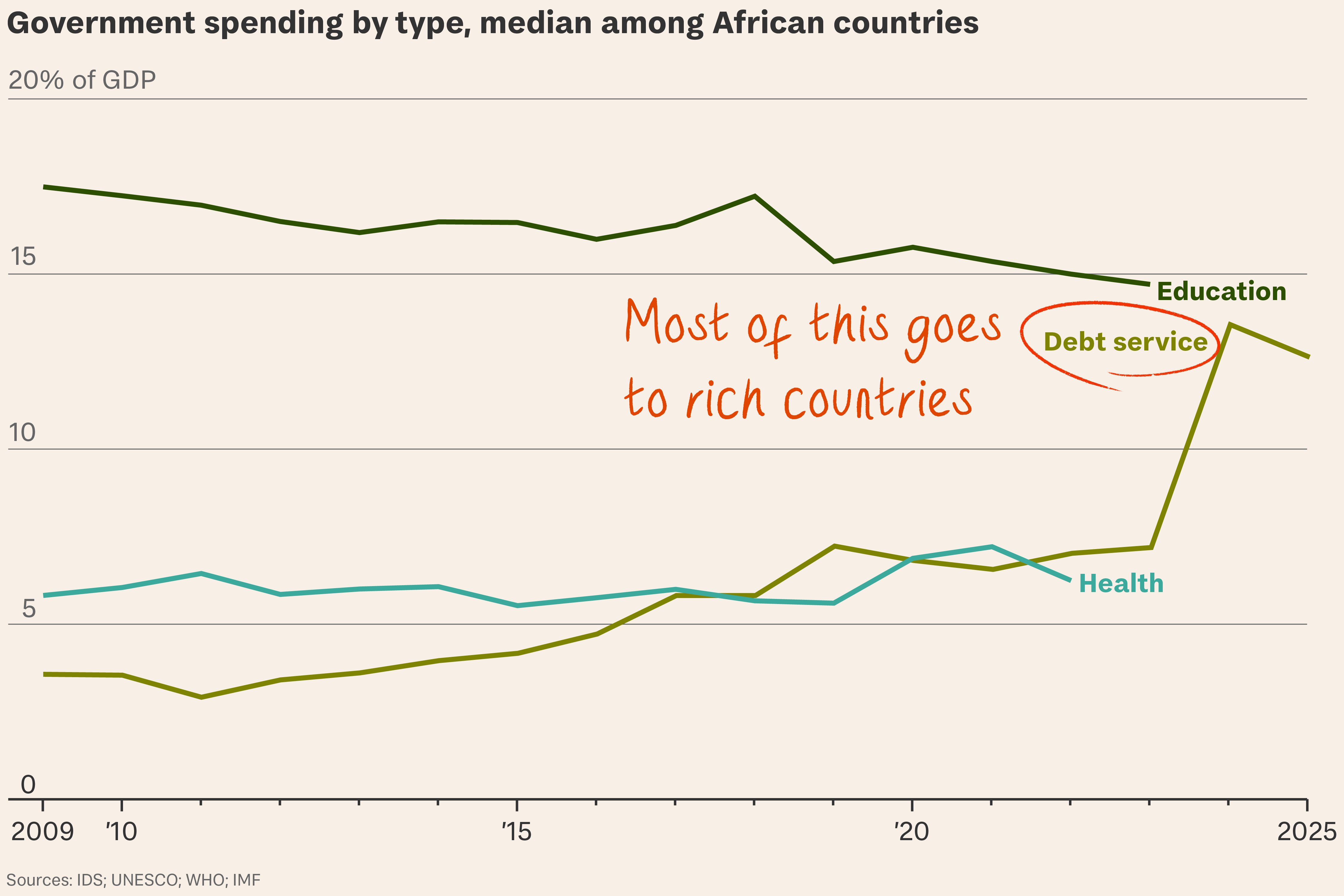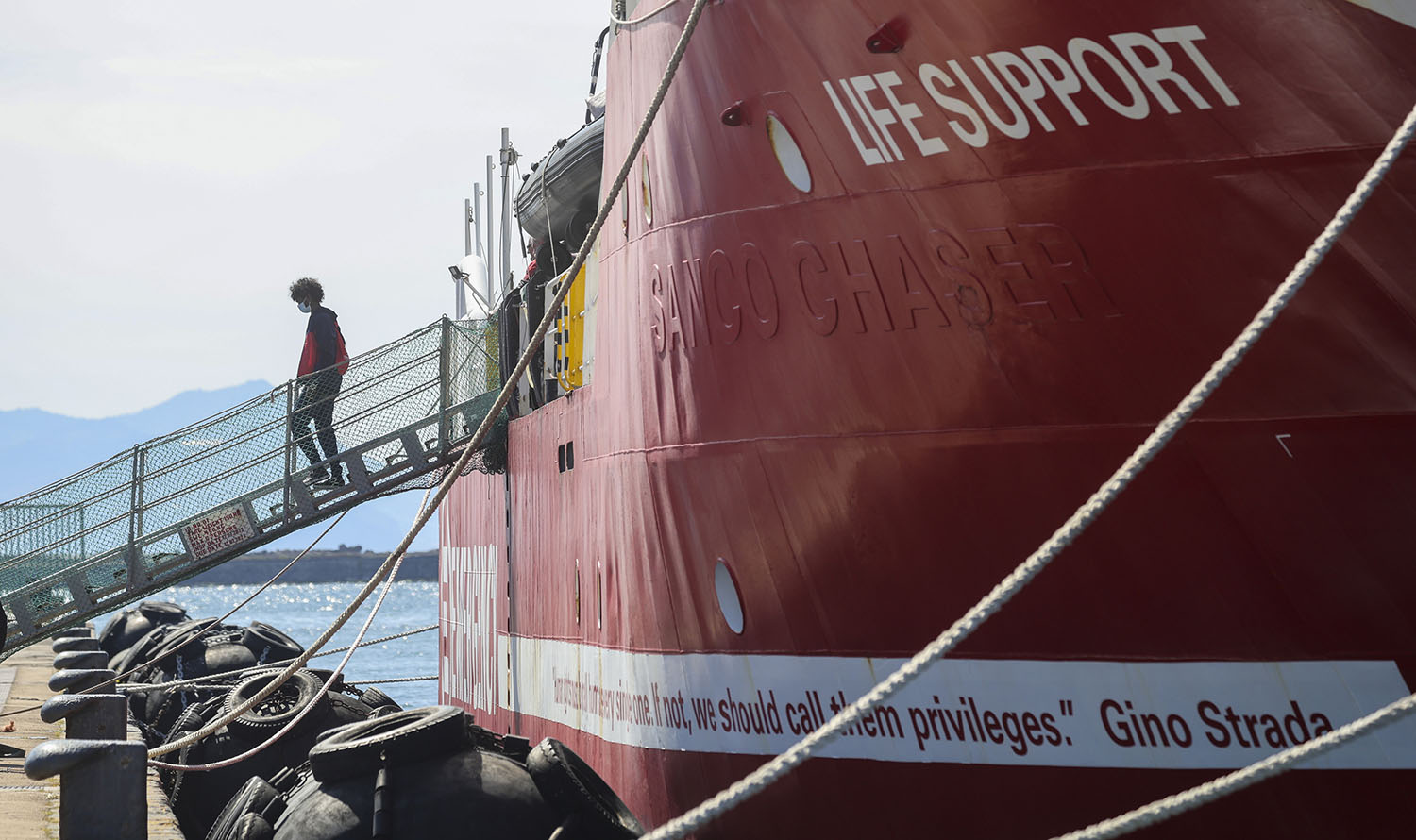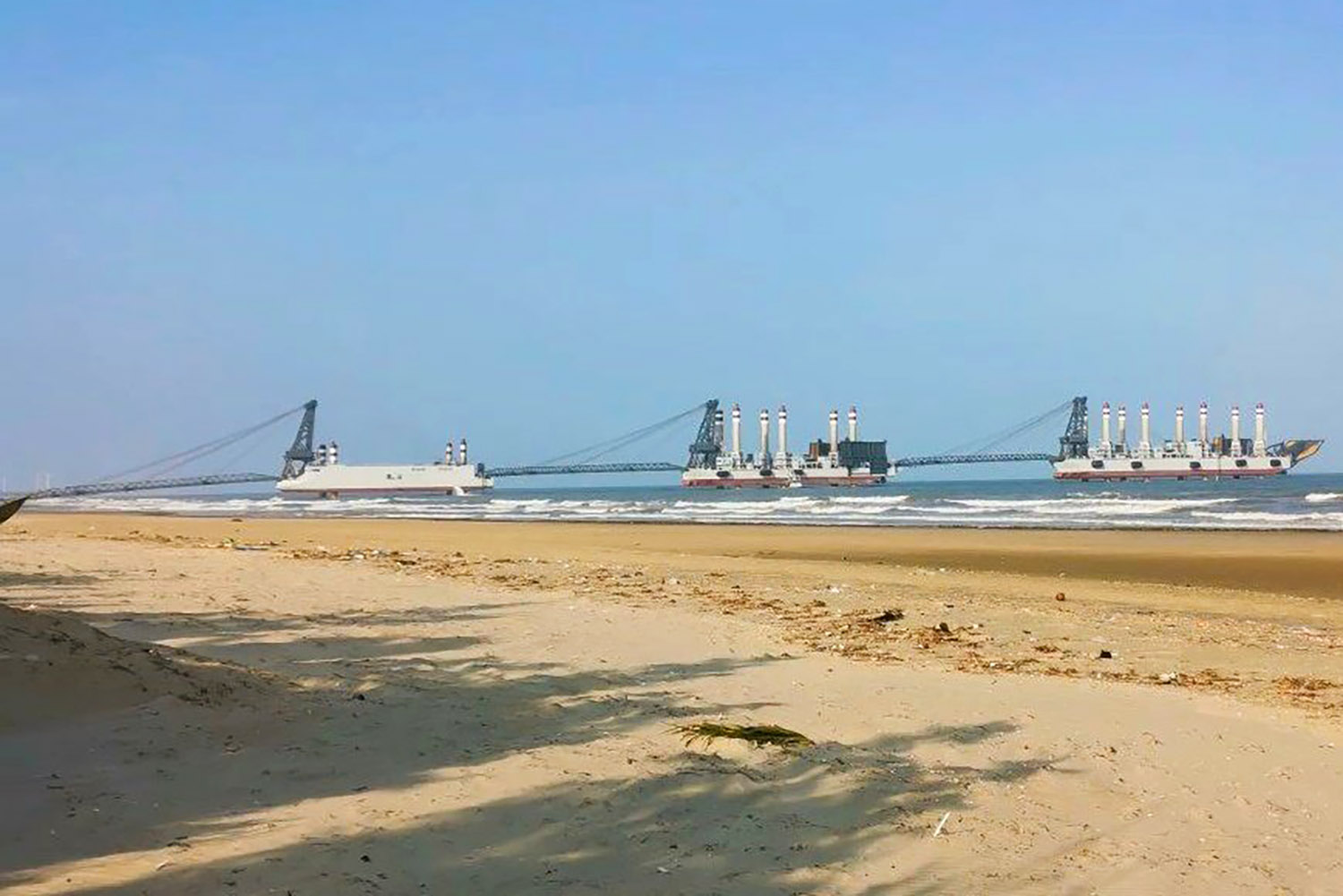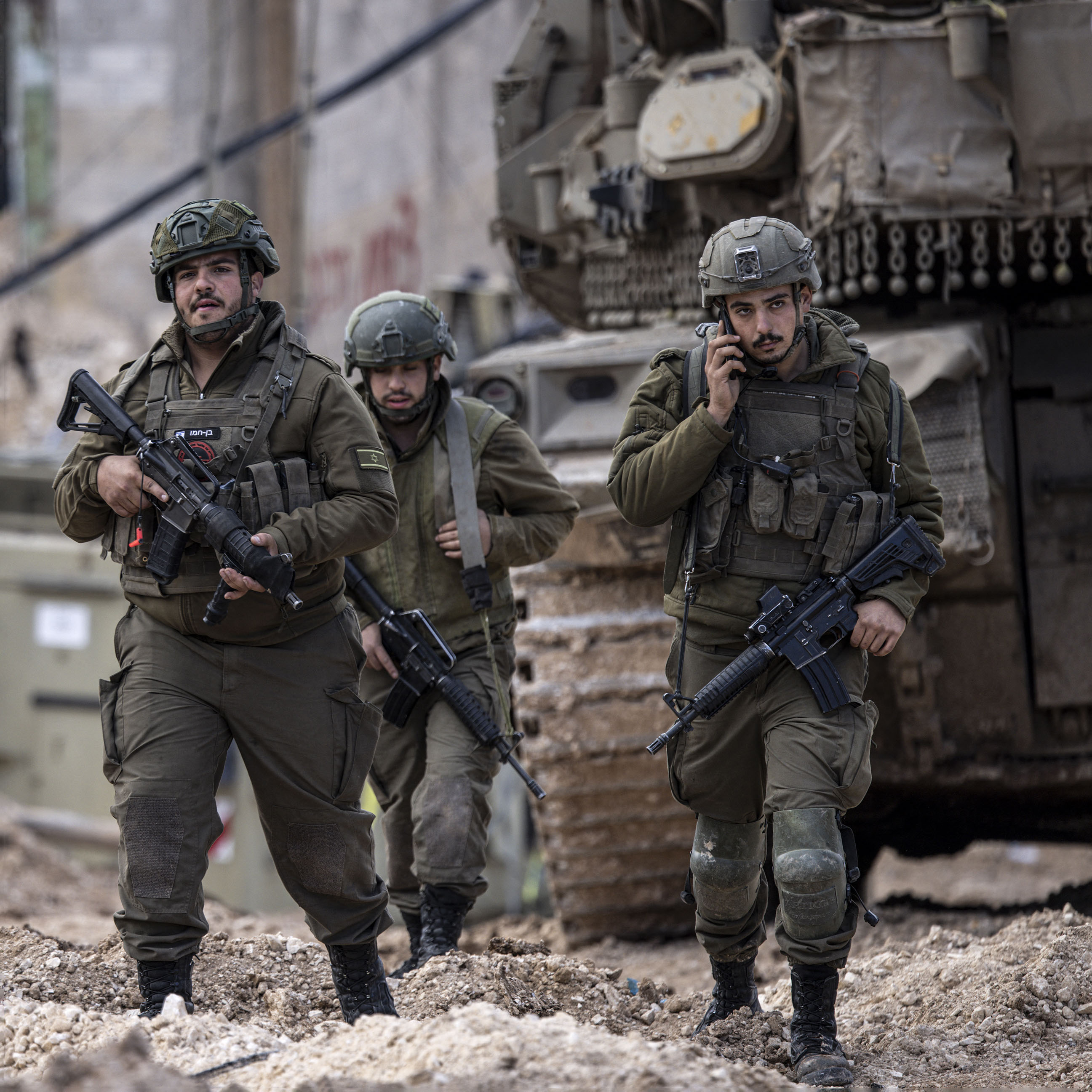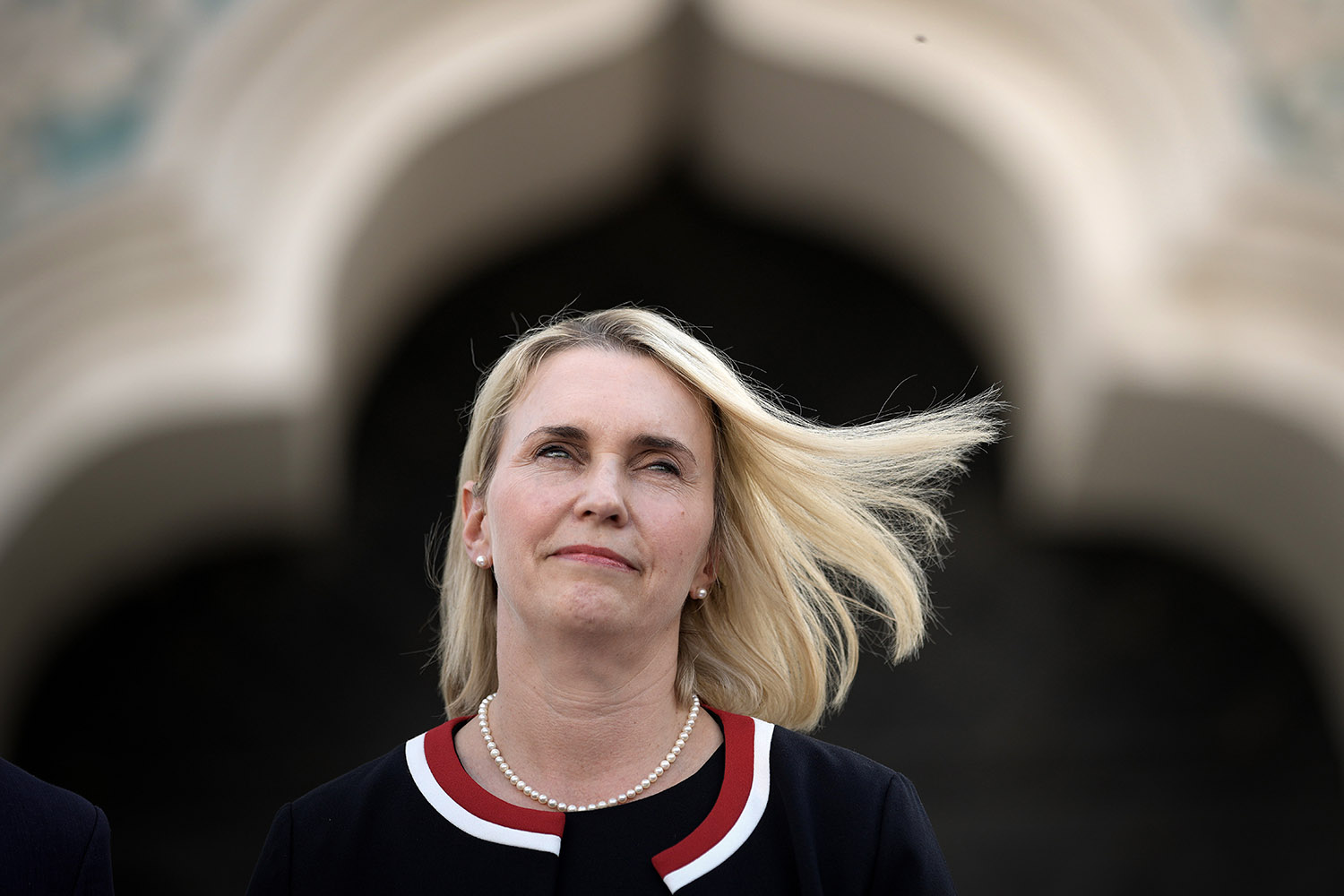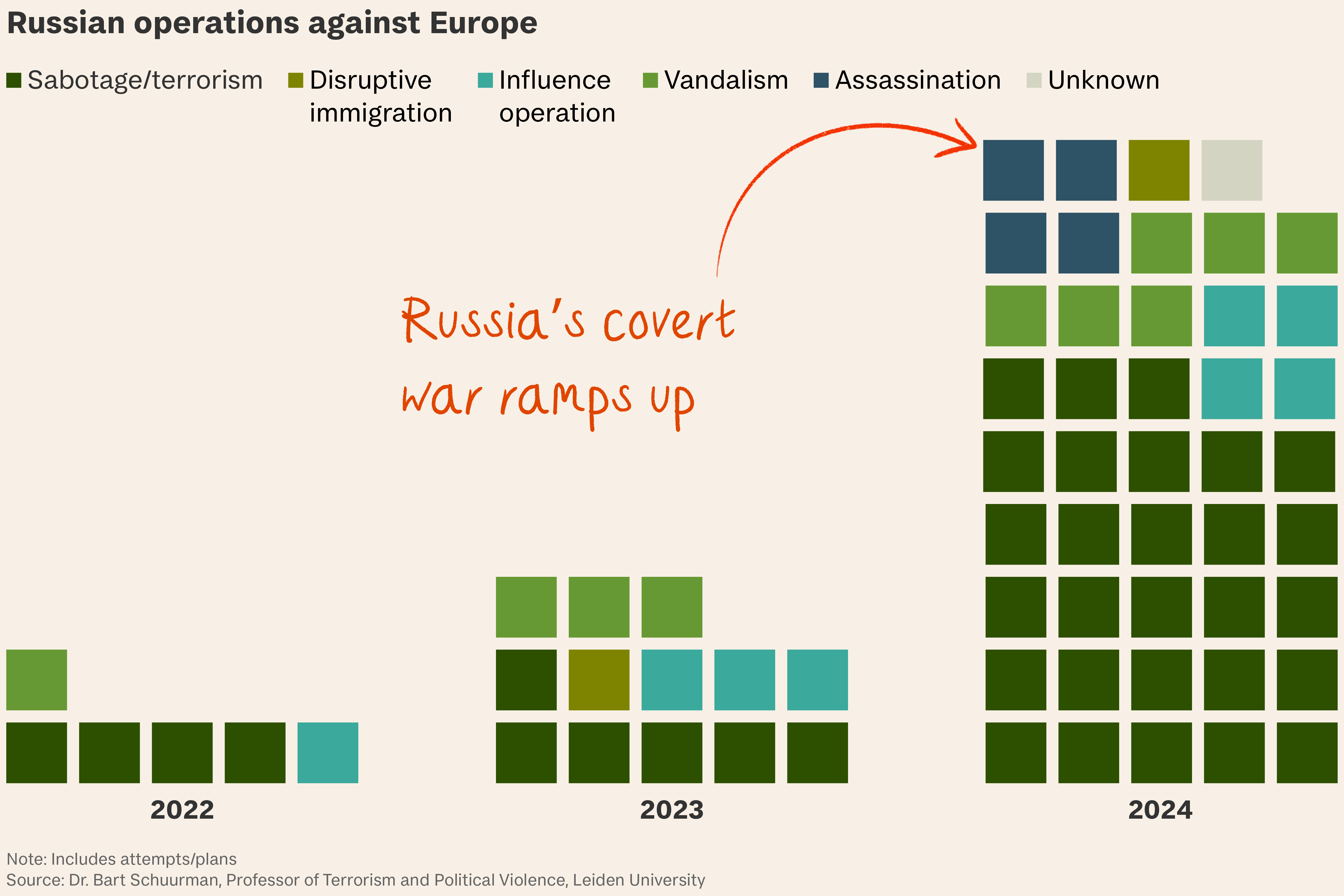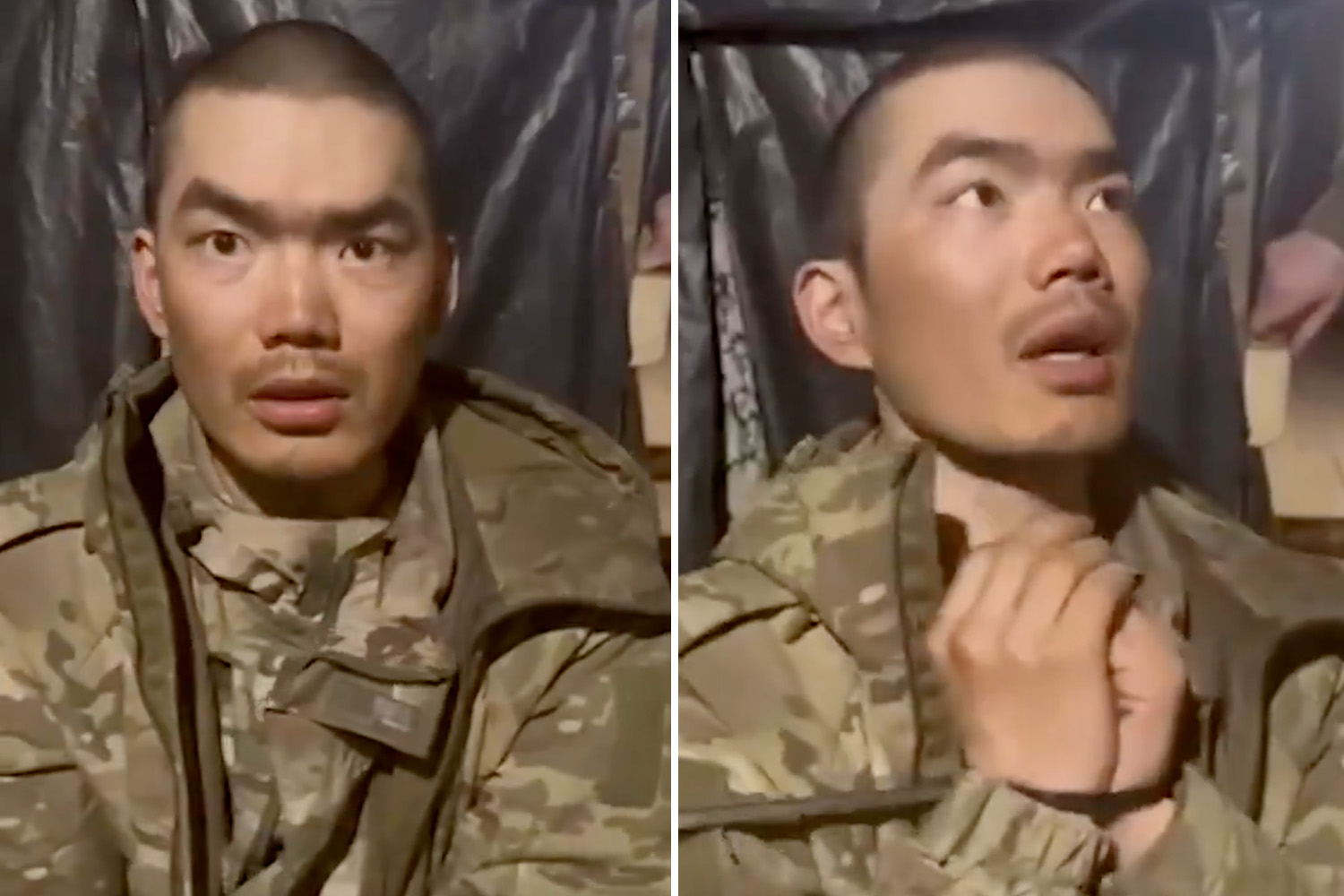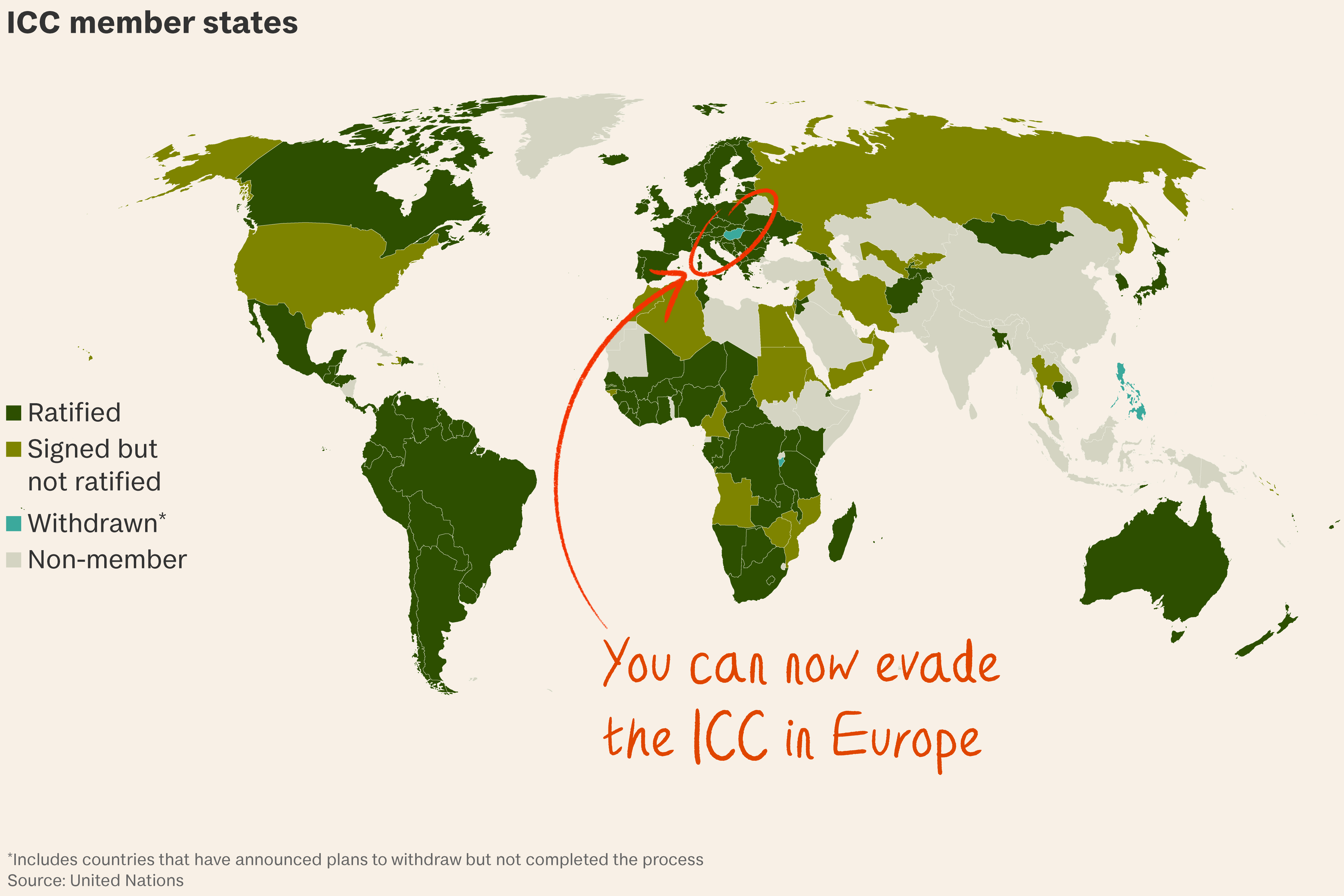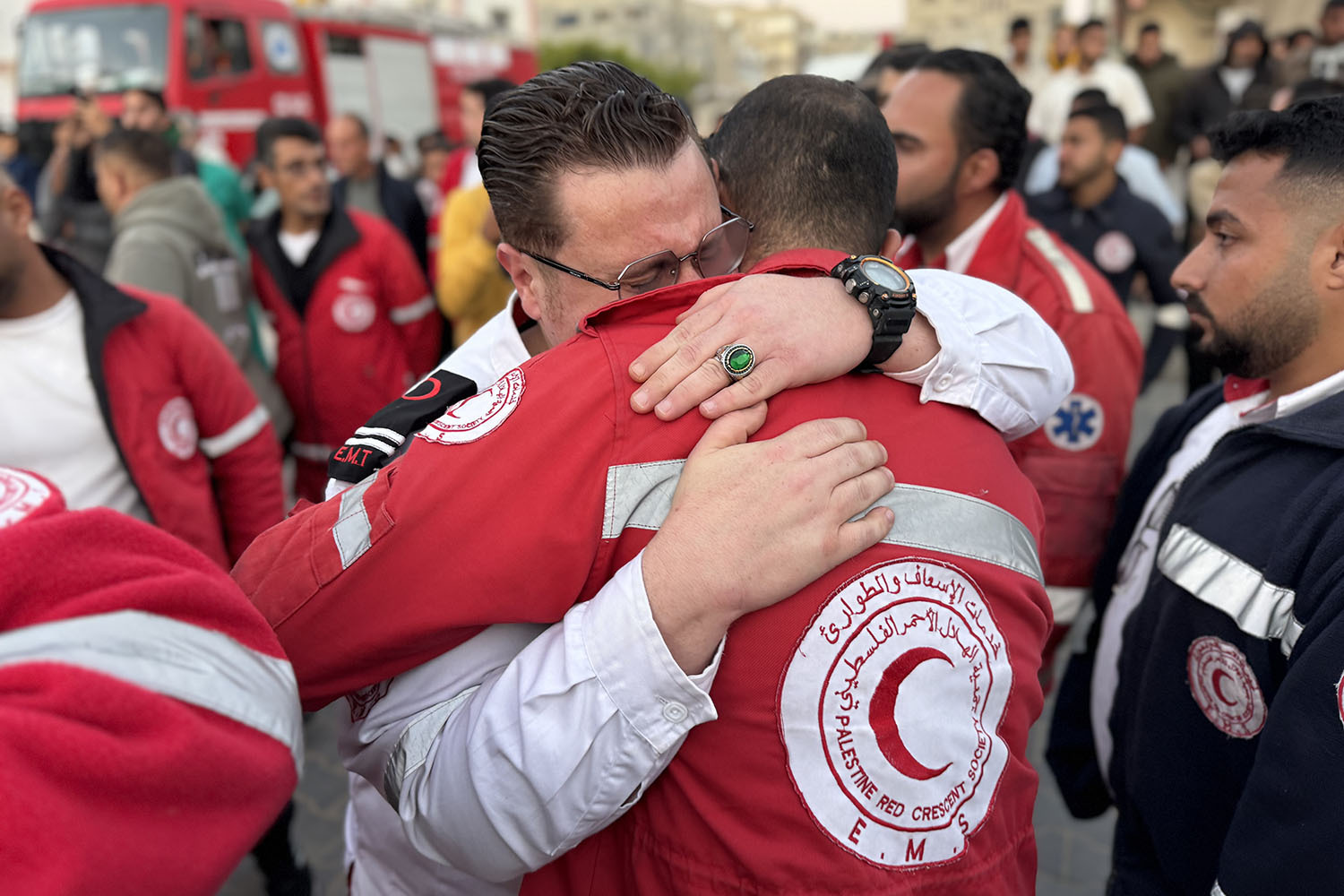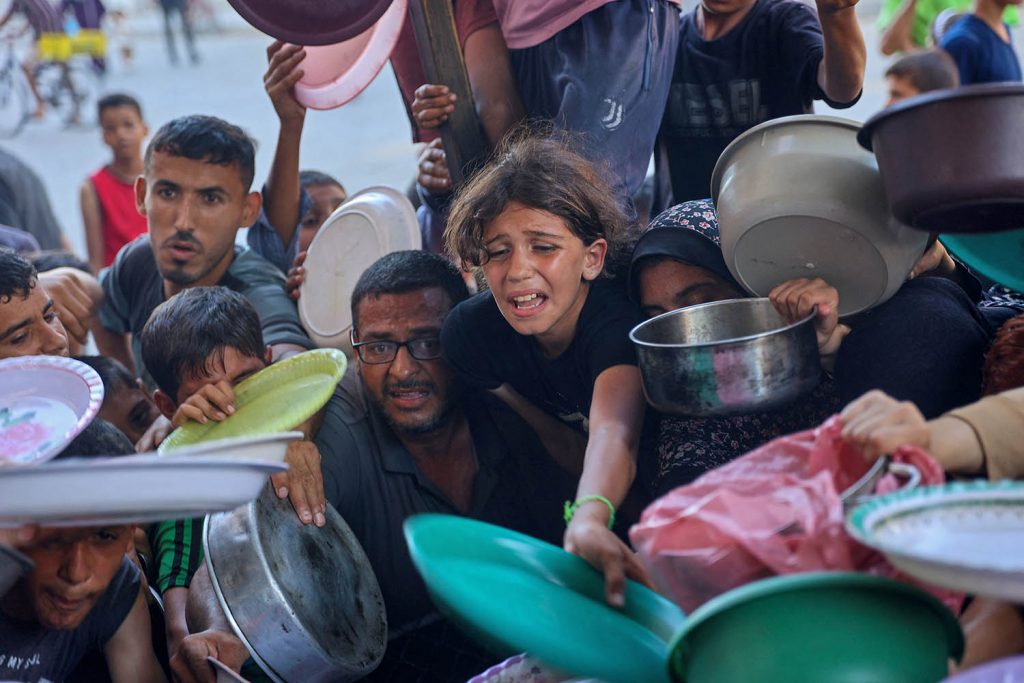
On Monday the Israeli Knesset defied strong international pressure by passing two bills designed to cripple the activities of the United Nations Relief and Works Agency (UNRWA).
The first, which passed by 92 votes to 10, banned the agency from operating inside Israel, including from its East Jerusalem headquarters, within 90 days. The second designated it a terror group, prohibiting Israeli officials from having any contact with it.
The move opposes the UN Charter and means shutting down the operations of Gaza’s main aid provider as the war continues to escalate. The UN says an implemented ban on UNRWA would violate international law.
UNRWA was established in 1949 with a temporary mandate to support 700,000 Palestinians displaced during the 1948 war that led to the creation of the state of Israel. 75 years on, its operations span the West Bank, Gaza and East Jerusalem, as well as neighbouring Lebanon, Jordan and Syria, providing essential services to six million Palestinians who remain stateless.
UNRWA provides education for more than 650,000 children, operates 140 primary healthcare clinics, and offers civilian shelter during times of war. Most crucially, for Palestinians, it is seen to symbolise their ongoing refugee status, and with it their right of return to their homes in historic Palestine, which many Israelis see as a threat to the existence of a Jewish state.
“The Netanyahu government concluded that one aspect of winning this war would be undermining UNRWA as a way of symbolically ending that right of return,” says Richard Gowan, UN Director at the International Crisis Group.
In Gaza over the past year, its services have become a lifeline for the nearly two million people displaced by Israel’s bombardment. More than a million Gazans have sought refuge at UNRWA facilities, and the agency has played a central role delivering food, water, hygiene supplies and vaccinations to 1.8 million people facing acute food insecurity.
Following October 7, the Israeli government accused 12 of UNRWA’s staff of being involved in the Hamas-led attacks on southern Israel. This claim led to 16 countries, including the US and the UK, suspending funding to UNRWA. All these countries later resumed their financial support to the agency after it fired nine employees and a UN-appointed independent commission found a lack of evidence to support claims of any deeper involvement.
Even so, Israeli officials have continued to regard the entire organisation as compromised. Dan Illouz, a member of Knesset for Netanyahu’s Likud party, recently declared it “a hotbed for terrorism under a humanitarian guise”.
UNRWA has also come under physical attack since October 7, with over 225 Gazan staff killed by Israeli bombardments – the highest number in any conflict in UN history – and more than 460 UNRWA facilities targeted, including schools and clinics.
A few weeks ago, the Israeli government confiscated the land on which the agency’s headquarters in East Jerusalem are located, with plans to build a 1,440-unit settlement project there instead. This followed an arson attack on the building by Israeli settlers in May.
The new laws passed on Monday will move further: denying visas to international staff and work permits to Palestinians; prohibiting UNRWA humanitarian aid trucks from entering Gaza and passing through Israeli checkpoints; and removing any possibility of coordination with the Israeli government intended to ensure that aid trucks don’t come under fire.
Philippe Lazzarini, UNRWA’s commissioner general, said in response to the votes that the agency is “under such physical, political, and operational attack – unprecedented in UN history – that implementation of its mandate may become impossible”.
Two weeks ago, the US instructed Israel to improve the humanitarian situation in Gaza in a month or risk restrictions on military aid. Within the letter from Washington was a clear request not to ban UNRWA from operating inside the Gaza Strip.
What comes next may well depend on the outcome of next week’s US election, but it could have dire consequences for Palestinians in Gaza.

